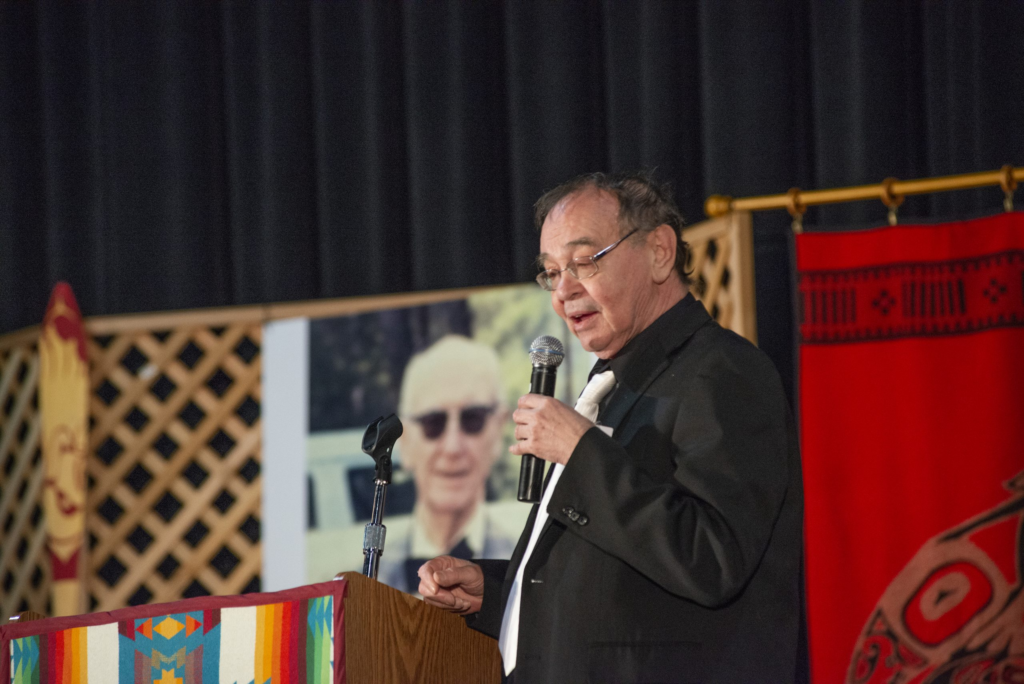Exploring the Life and Legacy of Hank Adams

The Early Life of Hank Adams
Hank Adams was born into a family that carried the weight of cultural heritage and historical significance. Growing up as a Native American in the mid-20th century, he experienced firsthand the challenges faced by indigenous communities in the United States. His early life was situated within the rich traditions of his tribe, which instilled in him a strong sense of identity and belonging. The narratives shared by elders about the struggles and resilience of his ancestors deeply influenced his worldview.
Adams’s parents played a critical role in his development. They emphasized the importance of education and civic responsibility, encouraging their son to engage with both his culture and the wider society. This multifaceted upbringing allowed him to navigate the complexities of his dual identity as an indigenous person and an American citizen. His childhood was marked by experiences that bridged both worlds, nurturing his understanding of social justice from an early age.
During his formative years, education proved to be a significant factor in shaping Hank Adams. He excelled in school, which opened doors for further opportunities. His academic achievements, coupled with a growing awareness of societal inequities, ignited a fire within him to advocate for change. Additionally, pivotal moments such as local activism and participation in community events provided him with practical insights into the power of organized effort and collective voice.
Furthermore, the cultural renaissance of the 1960s, which emphasized civil rights and indigenous rights, profoundly impacted his aspirations. The shifting tides of public perception at that time encouraged Hank Adams to harness his passion for advocacy. These foundational experiences not only molded his character but also laid the groundwork for his influential future as an advocate, helping to empower Native American communities across the United States.
Hank Adams as an Advocate
Hank Adams, a prominent figure in the fight for Indigenous rights, has played a pivotal role as an advocate for social justice throughout his career. His journey began in the 1960s when he recognized the systemic injustices faced by Native American communities. With a deep commitment to addressing these issues, Adams became involved in numerous initiatives aimed at empowering Indigenous peoples and confronting historical injustices.
One of his key initiatives was the development of the American Indian Freedom Train, which aimed to educate the public about the struggles and aspirations of Native Americans. This campaign highlighted the injustices faced by Indigenous communities and sought to build solidarity among various groups. Adams’ ability to articulate the significance of Indigenous rights and social equity connected diverse stakeholders, sparking widespread engagement in the dialogue regarding Native American issues.
In addition to grassroots campaigns, Hank Adams was instrumental in the formation of several organizations dedicated to advocating for Indigenous rights. His involvement with the National Indian Youth Council and other notable associations helped elevate the collective voice of Native Americans on a national scale. These organizations tackled critical issues ranging from environmental concerns to treaty rights, showcasing Adams’ multifaceted approach to advocacy.
Throughout his career, Hank Adams faced numerous challenges, including resistance from political entities and the general public’s indifference towards Indigenous issues. However, his resilience and strategic approaches enabled him to navigate these obstacles effectively. By employing a combination of public awareness campaigns, legal advocacy, and direct action, he was able to significantly impact Native American communities, fostering greater visibility and action on their rights.
Ultimately, Hank Adams stands as a powerful voice for change, leaving an enduring legacy that continues to inspire new generations of activists dedicated to social justice and Indigenous rights. His work has not only transformed Native American communities but has also paved the way for a broader understanding and movement for equality in society.
Achievements and Recognitions of Hank Adams

Hank Adams has made significant contributions to Indigenous rights and advocacy throughout his esteemed career. His unwavering commitment to the welfare of Native American communities has not only garnered him respect but has also led to a series of notable achievements that have impacted public perception and policy regarding Indigenous issues. One of his early accomplishments was his involvement in the American Indian Movement (AIM) during the late 1960s and 1970s. This pivotal role helped elevate awareness of the struggles faced by Native Americans and brought them to the forefront of national discourse.
Throughout his career, Hank Adams has received numerous awards and recognitions that commemorate his efforts. He was honored with the prestigious National Heritage Fellowship from the National Endowment for the Arts, which celebrates individuals who have made significant contributions to the cultural heritage of the United States. Additionally, his initiatives have led to awards from various Indigenous-led organizations, recognizing his commitment to improving the lives of Native peoples. Adams’ tireless advocacy also led to legislative changes that positively affected Indigenous communities, demonstrating the tangible impact of his work.
Furthermore, Hank Adams has been acknowledged in academic circles for his scholarly contributions. His writings and speeches have enriched the discourse surrounding Indigenous issues, providing critical insights and fostering understanding among broader audiences. Contributions like these have helped to shift public perceptions, highlighting the importance of respecting the rights, cultures, and traditions of Native American peoples. As a result, Hank Adams is widely regarded not only as a champion for Indigenous rights but also as a key figure in the ongoing dialogue surrounding social justice and equity.
The Continuing Legacy of Hank Adams
Hank Adams, an influential figure in Indigenous rights advocacy, has left an indelible mark on contemporary movements striving for social justice and equity. His work, characterized by a fervent commitment to Native sovereignty and environmental justice, serves as a guiding beacon for modern advocates. Today, numerous organizations and activists draw inspiration from Adams’ principles, employing similar strategies and philosophies to address pressing issues faced by Indigenous communities. Through the integration of traditional knowledge with contemporary activism, these movements embody Adams’ vision of empowerment and rights recognition.
Contemporary advocates often cite Hank Adams as a pivotal influence in their quest for justice. His efforts during the 1970s, particularly prominent during the Camp Akwesasne protest, sparked a wave of activism that resonates in today’s struggles. Activists like Winona LaDuke and Manuelito Wheeler have publicly acknowledged the importance of Adams’ work, promoting similar initiatives aimed at enhancing Indigenous visibility, rights, and environmental stewardship. Their testimonials underscore how Adams’ philosophy not only impacted their individual paths but also continues to inspire a generation of advocates who are committed to achieving justice for Indigenous peoples.
Moreover, as social dynamics evolve, questions about the future of Indigenous rights remain paramount. The legacy of Hank Adams urges new generations to engage actively in advocacy, utilizing modern tools such as social media to amplify their voices. In this ever-changing landscape, the importance of education about Indigenous histories and rights is critical. The challenge lies in ensuring that the principles championed by Adams continue to thrive amidst shifting demographics and technological advancements. While the path toward achieving comprehensive justice for Indigenous communities is intricate, Hank Adams’ enduring influence provides a foundation upon which future advocates can build, inspired by his enduring commitment to their cause.



